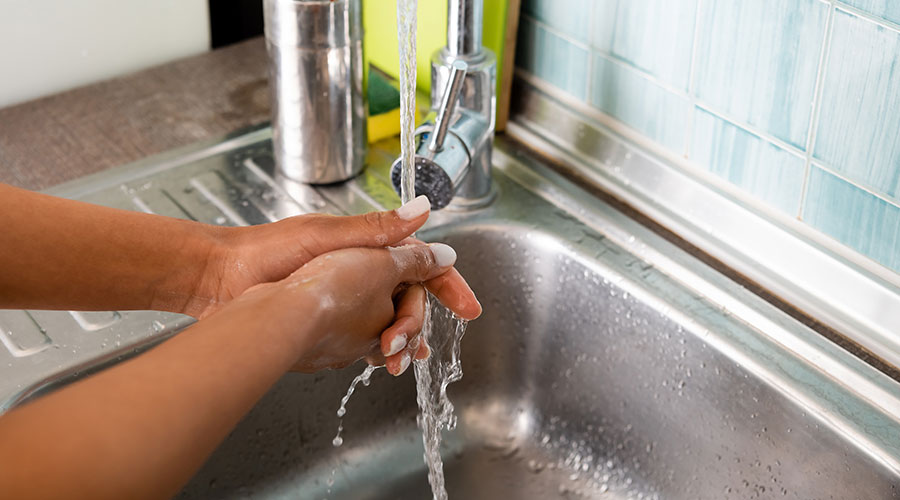Clean water is a necessity to human life, yet Black communities throughout the U.S. still have unsafe water conditions. Race continues to play a part in the basic human need of clean water to survive, even in the 21st century. A report from human-rights nonprofit DigDeep and the nonprofit U.S. Water Alliance found that more than two million people in the U.S. and Puerto Rico are without access to running water, indoor plumbing and even sanitation. Minority communities face the adverse consequences of unsanitary water the most. The water crisis in the U.S. is one that isn’t always brought to public attention but needs to be addressed to close the water access gap once and for all.
The Reality of the Water Crisis
It shouldn’t be a matter of getting into a car to drive yourself to simply take a shower or collect clean water for use. Unfortunately, there are many people in the U.S. who consider this a part of their everyday life. A basic necessity that some of us may not even think twice about, others in the country have to plan out when they can simply take a shower. An in depth report by DigDeep and U.S. Water Alliance details the alarming statistics of the water crisis in the U.S.:
- The hotspot states that suffer the most from this crisis include:
- Arizona
- Alabama
- California
- Colorado
- Kentucky
- Mississippi
- New Mexico
- Ohio
- Texas
- Utah
- Virginia
- West Virginia
- Latinx and Black households are two times more likely to not have access to indoor plumbing compared to white households.
- Overall federal funding for water is only a mere 14% of what it used to be back in 1977.
- Native American households are 19 times more likely than white households to not have access to indoor plumbing.
Closing the Water Access Gap
There are many organizations that work towards clean water for everyone and to close the water access gap. Open Space Institute in particular works to protect land to create healthier environments for communities across the country. The organization focuses on “protecting land that supports the things we can’t live without — like clean water, climate protection, and healthy communities — and safeguarding the places that make life worth living, like parks for recreation and plant and animal habitat.” Everyone, regardless of status or race, should have access to clean running water.
Robert F. Smith’s Dedication to Minority Communities
Robert F. Smith is a longtime advocate for helping close various gaps between minority communities and white households. He supports a variety of environmental initiatives to close the water access gap and focuses his own efforts on the Southern Communities Initiative. This Initiative specifically targets the six Southern communities where a majority of the African American community resides, and aims to help them with improving access to capital, clean environments and much more.
Learn more about environmental challenges the Black community faces and Smith’s philanthropic efforts to give back to this community.
